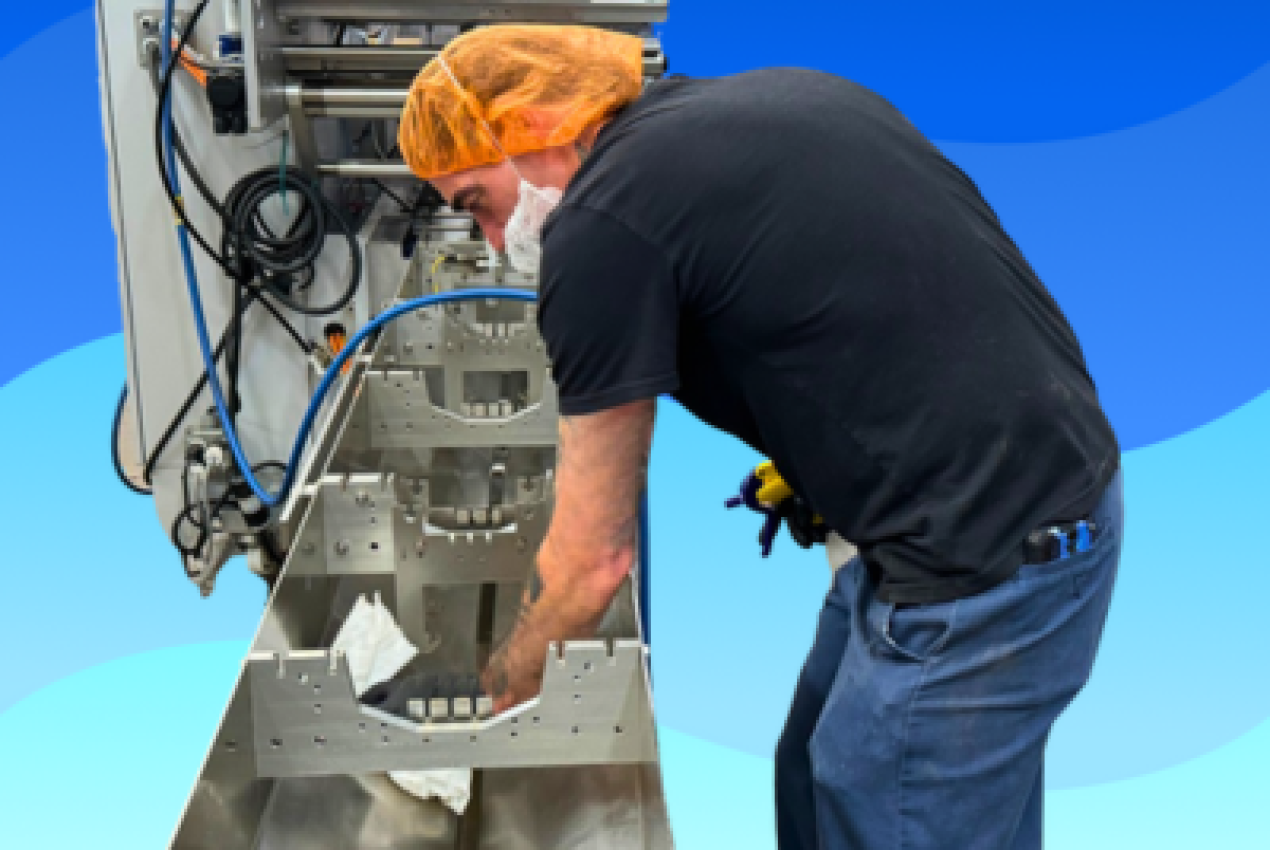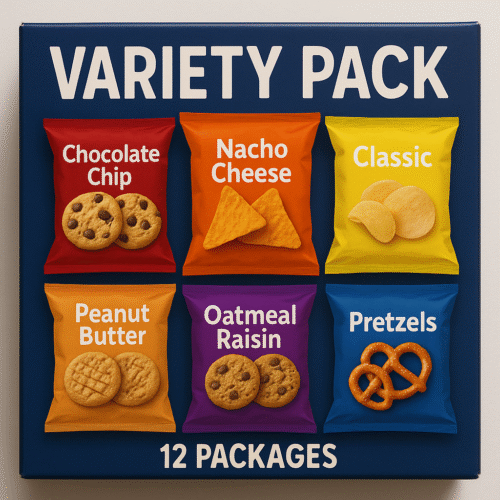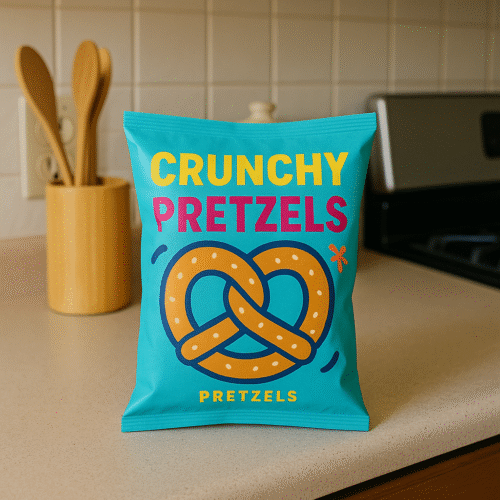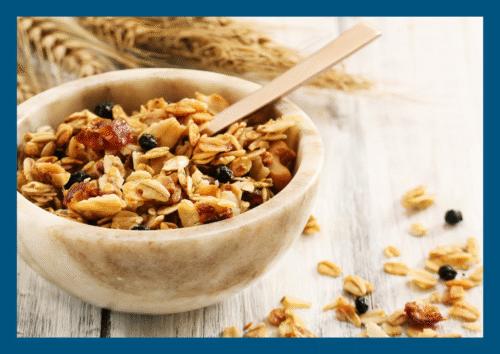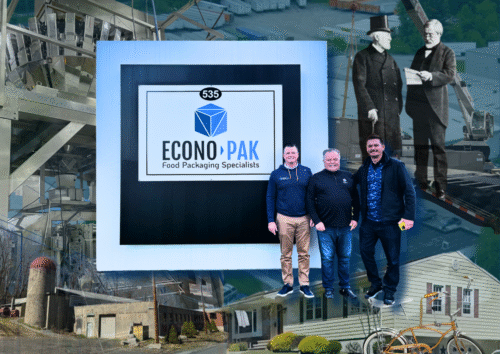In food co-packing, efficiency is key to managing costs and meeting production deadlines. One powerful tool to achieve this is sequencing, a process that allows for running multiple SKUs in succession with only partial cleanings between each.
This method can streamline production, reduce costs, and help you hit higher volumes without the time and expense of full machine tear-downs and deep cleaning after every SKU change.
What is sequencing in food co-packing?
Sequencing is the process of scheduling SKUs to run one after the other on the same equipment, with minimal cleaning between them.
For this to work, the SKUs must have similar ingredients and no conflicting allergens. For instance, imagine a project with three different protein powders: plain, vanilla, and vanilla with raspberry. These would be sequenced in that order, with partial cleanings between each run.
This approach minimizes downtime and avoids the need for complete sanitization between SKUs, allowing for a quicker, more cost-efficient production process.
Quality assurance and sequencing
While sequencing reduces the need for full cleaning between SKUs, rest assured that all necessary quality controls and safety protocols are followed at every step. Even with partial cleanings, we maintain strict standards to ensure the integrity of both the machinery and your product. Our team carefully evaluates each SKU to confirm compatibility for sequencing, especially regarding allergens and ingredient overlap.
Throughout the sequencing process, we implement thorough inspections and follow all regulatory guidelines to ensure your product meets the highest safety and quality standards. This ensures your product is not only packaged efficiently but also handled with the utmost care and precision.
Learn more about Econo-Pak’s certifications and our commitment to quality and food safety across the supply chain.
How sequencing benefits your project
For many clients, sequencing enables them to reach production volumes that justify the use of automated equipment. The alternative—running smaller batches with full cleanings between each SKU—often doesn't make financial sense. By sequencing similar SKUs, you can run more product without needing to significantly extend production time.
A full cleaning between SKUs can be labor-intensive and time-consuming, particularly for large-scale runs. Sequencing minimizes the labor involved in changeovers and cleaning, which in turn reduces the cost of production. This leaner, more efficient process translates into lower quotes for you.
Since sequencing cuts down on cleaning and changeover times, your overall production moves faster. This can make a big difference when tight deadlines are involved, allowing your products to reach the market more quickly.
Is sequencing right for your project?
Not all products are suited for sequencing, and it’s important to work with a co-packer who can assess whether this approach will benefit your project. If your SKUs share common ingredients and don’t have allergen conflicts, sequencing can significantly streamline your production, reduce costs, and help you get more product out the door in less time.
If you’re working with complex or highly varied dry food products that don’t share common ingredients, sequencing may not be a viable option. In these cases, full cleanings between SKUs are necessary to prevent contamination, particularly when dealing with allergens.
Maximize efficiency with smart sequencing strategies
Sequencing is a smart strategy for co-packing projects with similar products. By reducing the need for full cleanings between runs, this approach can lower costs, improve production efficiency, and enable larger production volumes. As a result, you can keep your budget in check while hitting your production goals—without sacrificing safety or quality.
By collaborating with a co-packing partner who understands how to optimize sequencing, you can unlock the full potential of your production line and see meaningful savings in time and cost.
Let's start scaling.
Is your demand outpacing your ability to package your own product? Then consider outsourcing with Econo-Pak.
With over 40 years of experience working with both small brands and Fortune 500 companies, we are capable of handling your specific dry food product.
Get in touch with our team for a fixed-price quote for your project.

